Cognitive Behavioral Therapy in Practice – AVIDAN MILEVSKY (Digital Seminar)
Description:
Do you have a client who everyone else has given up on?
They’ve seen multiple therapists; without the relief they want and deserve. Maybe you feel stuck with this client – and at this point, even the client believes they are not cable of getting better.
You can offer them hope…with practical interventions that are proven to WORK!
Evidence points to Cognitive Behavioral Therapy (CBT) as one of the most effective treatments for many chronic, recurring, and challenging mental health conditions. If you don’t use this method or if you’ve been using CBT skills and aren’t getting the response you expected, then don’t miss this opportunity to master a fresh set of clinical tools and skills that will transform your practice. This is NOT a “one-strategy-fits-all” approach. This CBT course recording offers you a complete collection of practical ways to integrate this empirically supported approach in your very next session.
- Proven, effective techniques you can use with your clients for the most common presenting problems…including anxiety, depression, and trauma.
- A collection of specific, practical tips with real-world examples to help you adapt these proven principles to fit your client’s unique needs…building a strong, collaborative relationship with them and shifting their negative beliefs without your client feeling disrespected or shamed.
- Example scripts to masterfully overcome the most common objections and problems therapists encounter at each stage of therapy.
Outline:
OVERVIEW OF COGNITIVE BEHAVIOR THERAPY
- The cognitive model
- Measurements and assessments
CBT CHECKLIST
- Short term intervention
- Demystifying the process
- Accountability and independence
- Collaboration
- Educational
- Continuity of sessions
ESTABLISHING A THERAPEUTIC ALLIANCE
- Client feedback
- Therapist harmful reactions
COGNITIVE TOOLS AND STRATEGIES
- Session agenda and assessment
- Automatic thoughts and core beliefs
- Common core beliefs
- Core beliefs, assumptions, reactions, and coping
- Situational reactions
MODIFYING RIGID COGNITIONS AND CORE BELIEFS
- Confronting automatic thoughts
- Cognitive distortions and automatic thoughts
- Modifying core beliefs
- Cognitive application
BEHAVIORAL TOOLS AND STRATEGIES
- Behaviorism in practice
- Systematic desensitization
- Hierarchy of fears
- Emotional and behavioral exposure
- Relaxation, breathing, and mindfulness
- Goal setting and progress check
- Positive engagement and communication strategies
- Target behavior selection
- Behavior assessment
- Homework tasks
APPLICATION TO CLINICAL PRACTICE WITH DEPRESSION, ANXIETY, ANGER, TRAUMA, AND PERSONALITY DISORDER USING CASE STUDIES AND ROLE PLAYS
NLP online course
So what is NLP?
Firstly, NLP stands for Neuro-Linguistic Programming. Secondly neuro refers to your neurology;
Thirdly linguistic refers to language however, programming refers to how that neural language functions.
As a result,In other words, learning NLP is like learning the language of your own mind!
Moreover, NLP is the study of excellent communication–both with yourself, and with others.
It was developed by modeling excellent communicators and therapists who got results with their clients.
NLP is a set of tools and techniques, but it is so much more than that.
In conclusion, It is an attitude and a methodology of knowing how to achieve your goals and get results.
Preview Information:
Original Page
Archive Page
More Course: NLP – HYPNOSIS – PHILOSOPHY
Outstanding Course:Telehealth: Legal & Ethical Implications for…


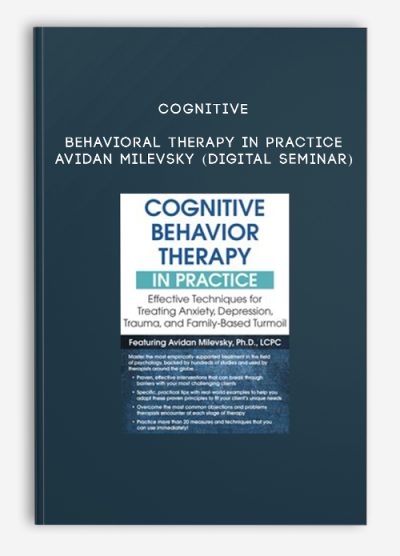

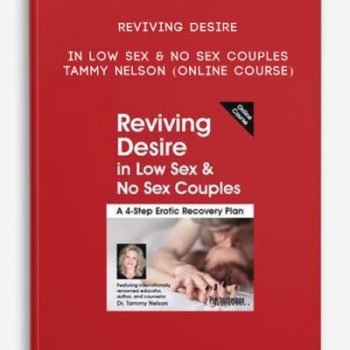
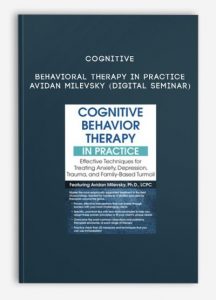


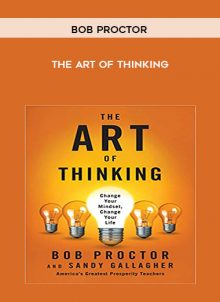


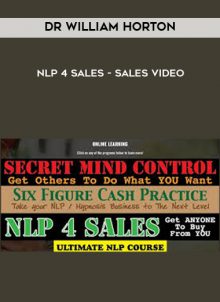


Lord –
This is Digital Download service, the course is available at Vincourse.com and Email download delivery.